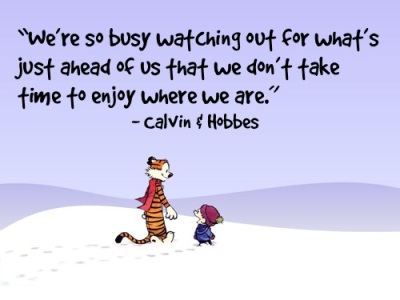I love that quote: “People will forget what you said, people will forget what you did, but people will never forget how you made them feel”- Maya Angelou.
 This is true in all sorts of settings, so let’s review a few areas where it is applicable:
This is true in all sorts of settings, so let’s review a few areas where it is applicable:
When doing public talks or presentations, the real important experience lies at the emotional level. This requires physical comfort, and creating strong emotions in the audience, either through stunning experiences and images, or by referring to people’s own emotional-laden issues.
When creating art, paintings, writing a book or cutting a movie, the emotions that will be created in the viewer is what will make the creation memorable on the long term.
When working with people in a team, what people will remember is any emotions, good or bad, you’ve created during that time. This also applies to one-off interviews.
The list is long. My points was to emphasize how this quote, which is most often used in the field of romantic relationships, can be applied throughout our lives.
You want to be remembered? Create emotions.











